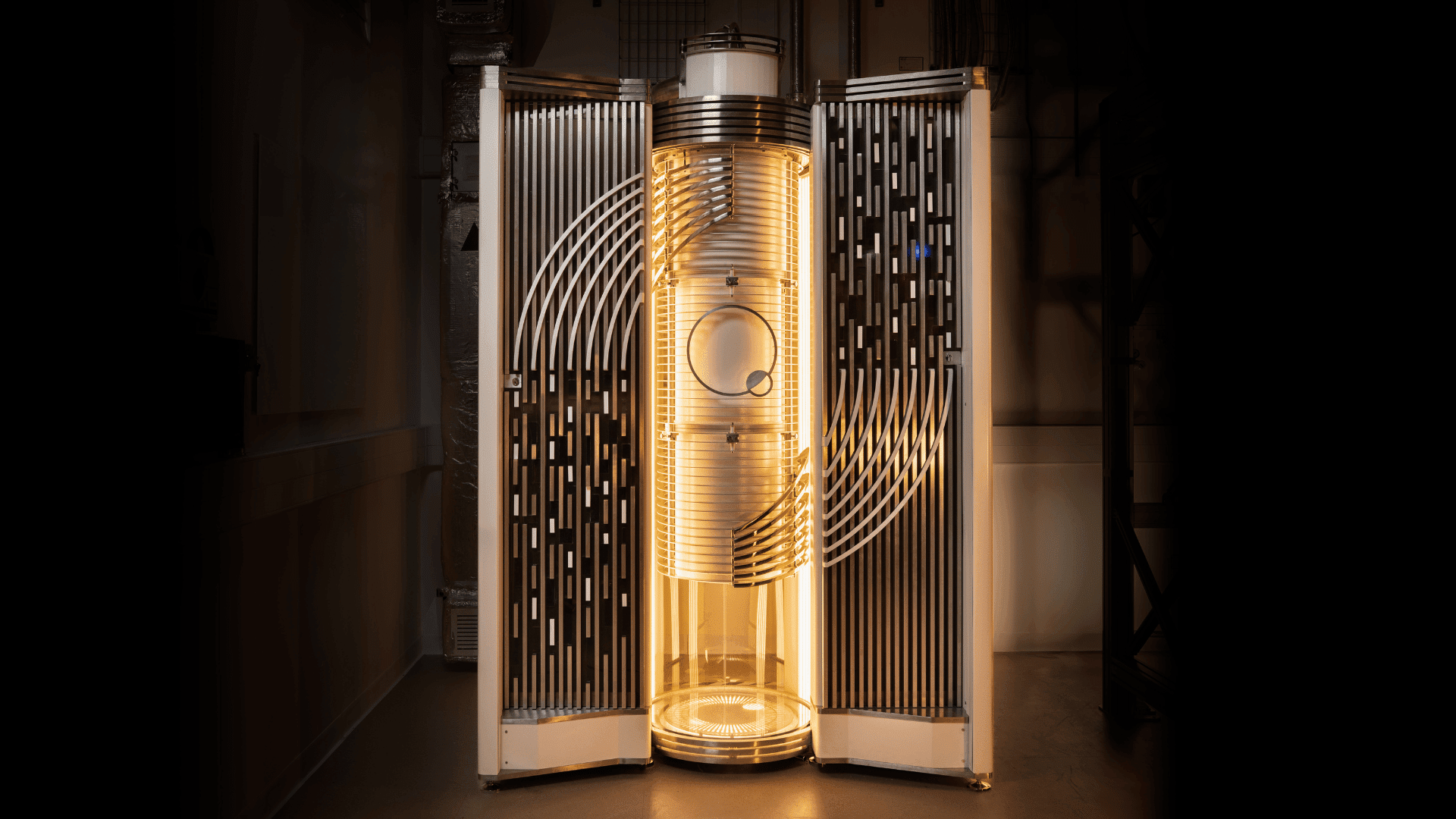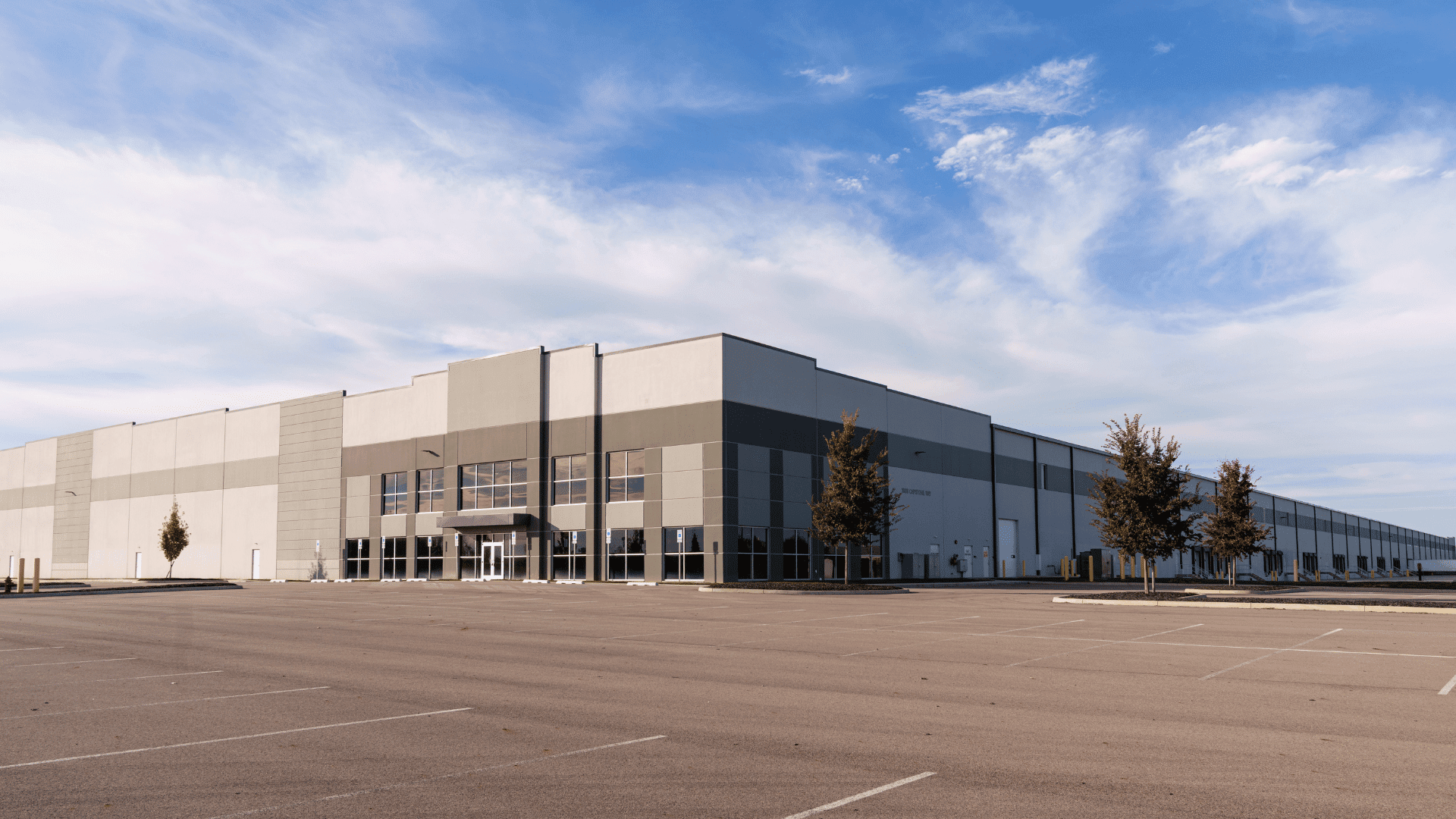Quantum Motion, a UK-based quantum computing company, developed the first full-stack quantum computer using a standard silicon CMOS chip fabrication process, the same technology found in conventional computers.
The system is a key part of the UK National Quantum Computing Centre’s (NQCC) Quantum Computing Testbed Programme. Using silicon chips is significant because they are mass-manufacturable. This breakthrough is a landmark development in the quantum computing industry.
Scalable Technology for Quantum Computing

Quantum Motion develops and deploys full-stack quantum computers. Its ultimate goal is to create commercially viable, utility-scale, fault-tolerant systems. The company specializes in developing cryoelectronics that integrate qubits with classical control circuits capable of operating at extremely low temperatures.
Meanwhile, the NQCC is the UK’s national lab for quantum computing. According to the lab, it is dedicated to accelerating technology development by addressing the scaling challenges.
Quantum Motion’s full-stack solution integrates the company’s Quantum Processing Unit (QPU) with a user interface and control stack compatible with industry-standard software frameworks. According to the company, the system has a data-center-friendly footprint that houses the dilution refrigerator and integrated control.
The company says the design allows it to fit into standard data-center environments. In addition, it supports upgrades to larger QPUs without changing the system’s physical size.
“This is quantum computing’s silicon moment,” said James Palles-Dimmock, CEO of Quantum Motion. “Today’s announcement demonstrates you can build a robust, functional quantum computer using the world’s most scalable technology, with the ability to be mass-produced.”
The Quantum Motion QPU is based on a scalable tile architecture. According to the company, it integrates all necessary compute, readout, and control elements into a sense array. The design also allows for future expansion to millions of qubits per QPU.
In addition, the system features a breakthrough in AI machine-learning tuning, enabling efficient operation and automated algorithms for control and calibration.
“The NQCC is accelerating UK quantum capabilities by evaluating a number of diverse hardware platforms by leading companies worldwide,” said Dr. Michael Cuthbert, Director of the NQCC. “The successful installation of Quantum Motion’s system marks an important step forward in the NQCC’s quantum computing testbeds initiative.”







